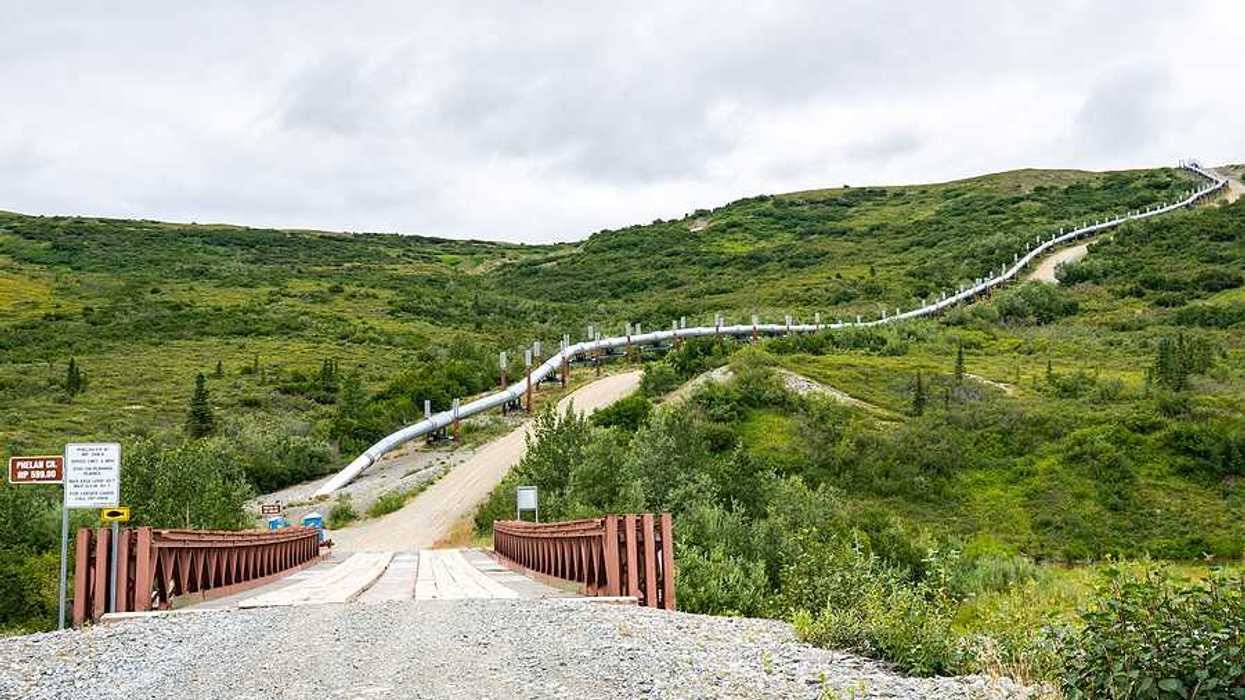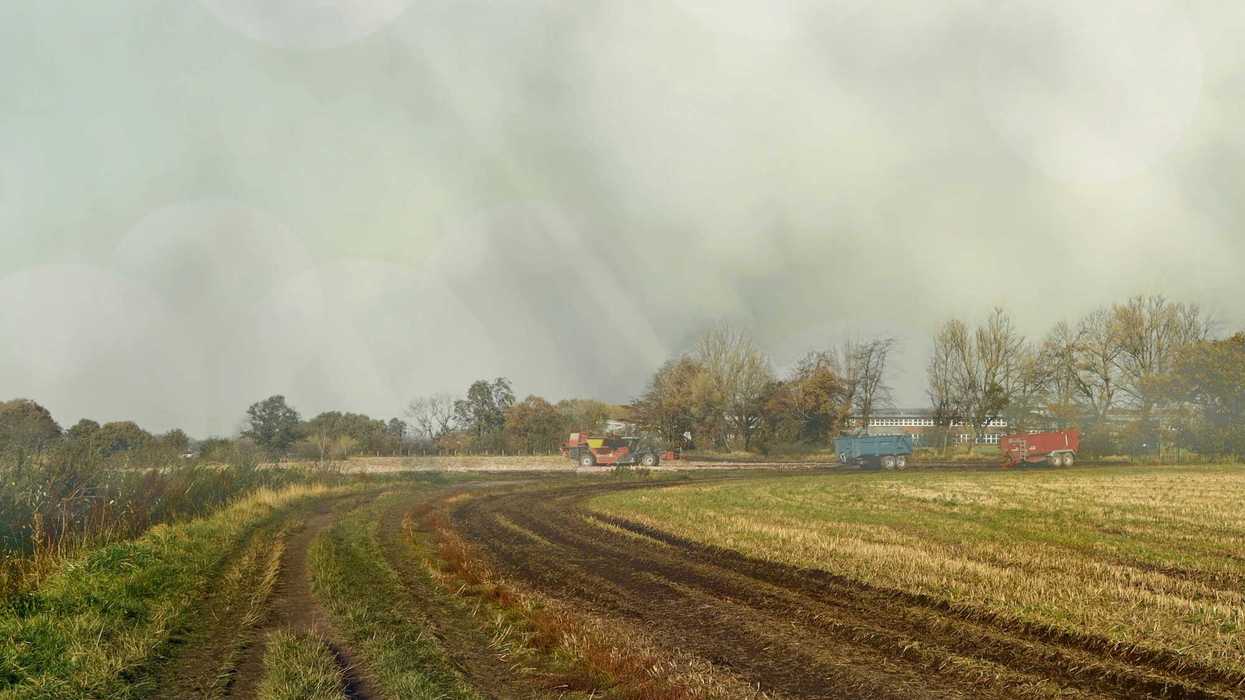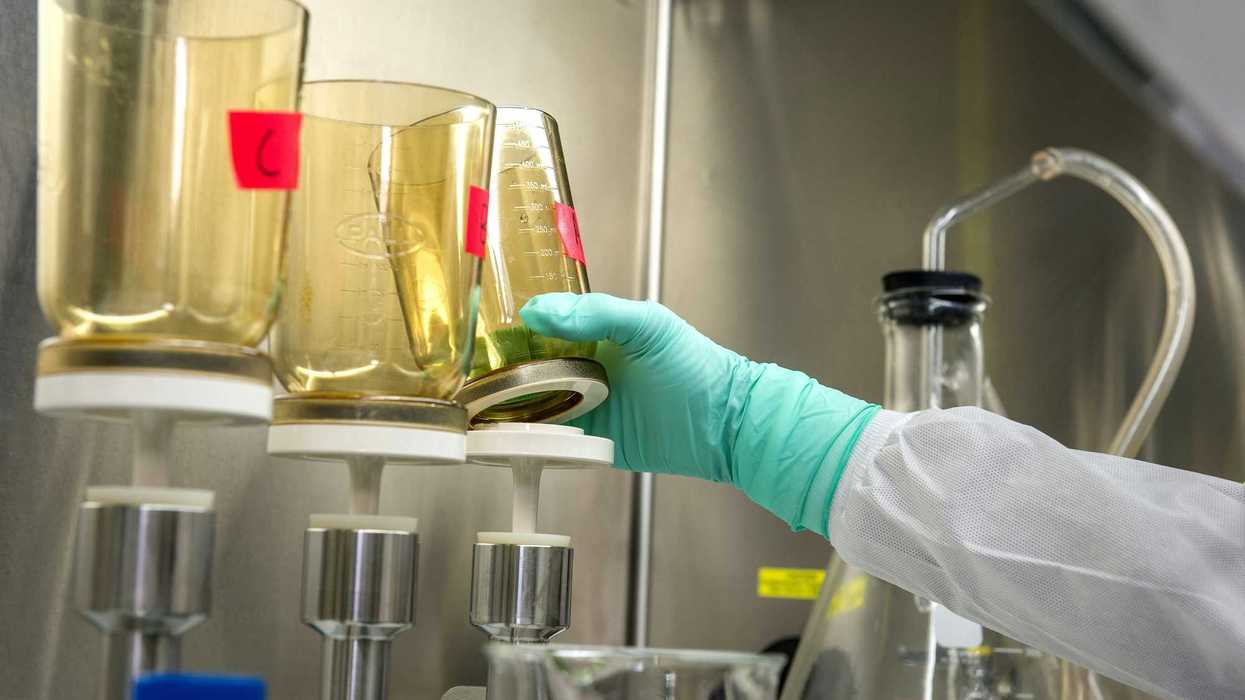A recent study by the Michigan Department of Health and Human Services reveals significantly high PFAS blood levels in residents of North Kent County, linked to contaminated well water.
Keith Matheny reports for Detroit Free Press.
In short:
- The study connects higher PFAS levels in the blood with the amount of contaminated unfiltered well water consumed by the residents.
- Installation of whole-house water filtration systems has been shown to reduce these PFAS levels, although the long-term health impacts remain unclear.
- Environmental factors, including consumption of locally caught fish, have also been identified as contributing to the residents' PFAS blood contamination.
Key quote:
"I probably could have saved the state thousands of dollars and said we're going to be higher [in PFAS contamination] than anybody else."
— Sandy Wynn-Stelt, Belmont resident and advocate
Why this matters:
Research has increasingly linked high levels of PFAS in human blood to various adverse health outcomes. Of particular concern is the impact of PFAS on the immune system. Studies suggest that these chemicals can diminish the effectiveness of vaccines in children by compromising their immune response. This is a troubling revelation, as it implies that PFAS exposure could leave younger populations more vulnerable to infectious diseases.
PFAS and phthalate chemical exposure early in life may hamper kids’ lungs.














